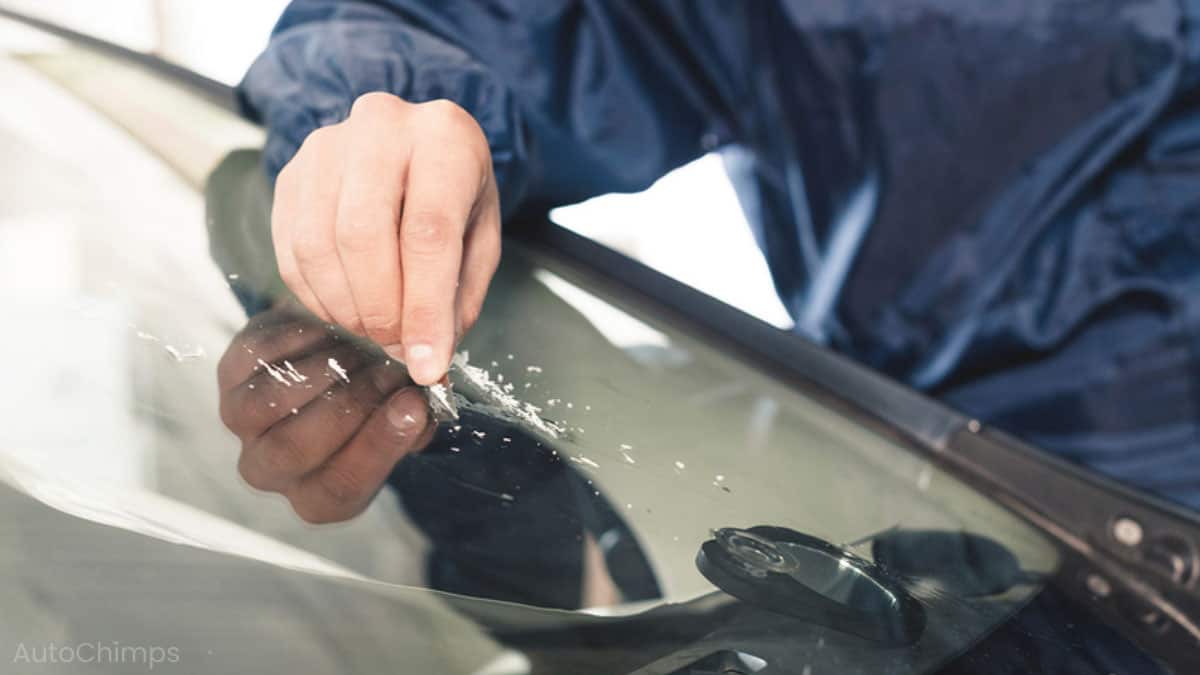You have probably seen spoilers before on countless cars, especially sports cars. But, if you’ve noticed them on SUVs, you might have been a bit surprised. Why would an SUV have spoilers?
You might think putting a spoiler on an SUV is a bit excessive. After all, unlike a sports car, it will not go very quick. But spoilers are there to enhance aerodynamics, not increase speed.
Rear spoilers on SUVs enhance fuel efficiency rather than provide downward force as they do for sports cars. A spoiler on an SUV makes the vehicle more streamlined, which results in decreased drag and improved fuel consumption.
In this guide, I will explain why SUVs have spoilers, but you may wonder what they are and how they enhance fuel efficiency.
So, ask on to explore.
Table of ContentsShow
What Are Spoilers?

Spoilers are typically found on the rear of an SUV. They aid in improving your SUV’s fuel efficiency by reducing the drag.
These spoilers modify the airflow around the SUV allowing it to flow more smoothly in order to decrease the drag on the vehicle. The diminished drag will improve the SUV’s fuel mileage by making it simpler for the car to move forward.
Spoilers are a crucial feature for SUVs due to their ability to increase fuel mileage because many people use SUVs as family vehicles. Some people even choose to have one installed if their SUV doesn’t come with one.
What Materials Are Used To Make Spoilers?

Spoilers are made from ABS plastic combined with fillers to make them a bit more durable. ABS plastic is used frequently in SUVs and other vehicles because it is inexpensive and easy to make.
Fiberglass sets with epoxy are also used for spoilers, and the ones made with this material are more durable. However, this material is challenging to make, so it is not used as often.
There are also carbon fiber spoilers on many sports cars. These are significantly more durable than fiberglass spoilers.
How Did Spoilers Get Their Name?
The word spoiler might seem like an odd selection for something that is beneficial. After all, without knowing what it is, a person would likely think it is something harmful.
Yet, the title of this tool arises from its purpose; a spoiler disrupts or reduces the unwanted wind flow over the SUV as it drives.
This decreases the resistance of the SUV and results in improved fuel efficiency.
Will A Spoiler Actually Improve My Fuel Mileage?

Spoilers reduce the aerodynamic drag on a vehicle, which means it will not need to use as much energy to move.
However, the improved gas mileage will be more noticeable on highways where the SUV travels at higher speeds and uses more fuel to resist aerodynamic drag.
If you are traveling on local roads, you may not notice much of a difference. After all, at a reduced speed, there is minimal air resistance to overcome.
Do Spoilers Help Cars To Go Faster?

A spoiler can help your SUV to go faster. Although, it will not actually make your vehicle go any quicker. Spoilers reduce the drag on your car, which means the engine has diminished resistance to overcome.
The reduced resistance means the engine has less work to do in moving the car at elevated speeds. So, even though the spoiler is not making the car go quicker, it is helping.
Final Thoughts
Spoilers may not look particularly useful, and many people probably think they are there just to look appealing. But they actually have a significant purpose.
Spoilers not only enhance your fuel mileage, but they can also boost your SUV’s speed and performance by reducing its air resistance.




